
EPoSS connects its members with key European funding programmes to accelerate research, foster collaboration, and drive innovation.
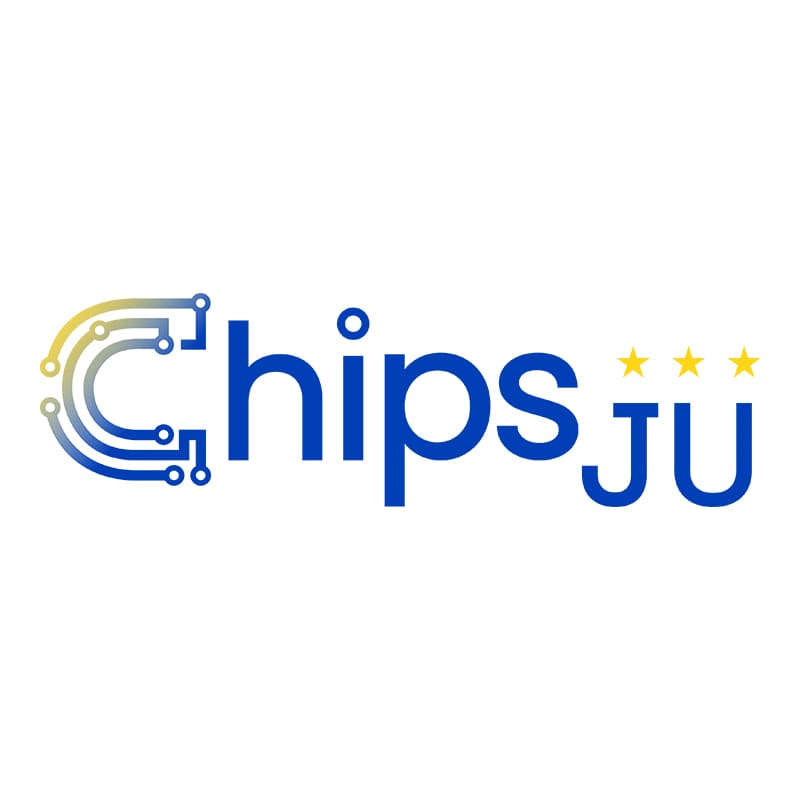
EPoSS is proud partner of the Chips Joint Undertaking (Chips JU). Chips JU aims to bolster Europe’s semiconductor industry by fostering collaboration between the EU, member states, and private sector.
Focused on research, innovation, and manufacturing, Chips JU seeks to position Europe as a leader in semiconductor technology, enhance digital capacity, and address global challenges such as sustainability.
The initiative aligns with European policy goals to ensure the continent’s technological and industrial leadership.

The ECS Collaboration Tool is a networking tool for project ideas and potential partners provided by the three industry associations. The tool facilitates an easy information exchange within the ECS community and allows the collection and management of all relevant data, ideas and project proposals in one place.
The ECS Collaboration Tool is open to everybody in the ECS Community. It has been released to prepare for joint consortium building at EFECS, but is available to support any related event, regardless of the funding instrument involved. It can also be used as a “stand-alone” project consortium building tool. Users can initiate projects and invite partners or use the messaging system to look for partners or projects.
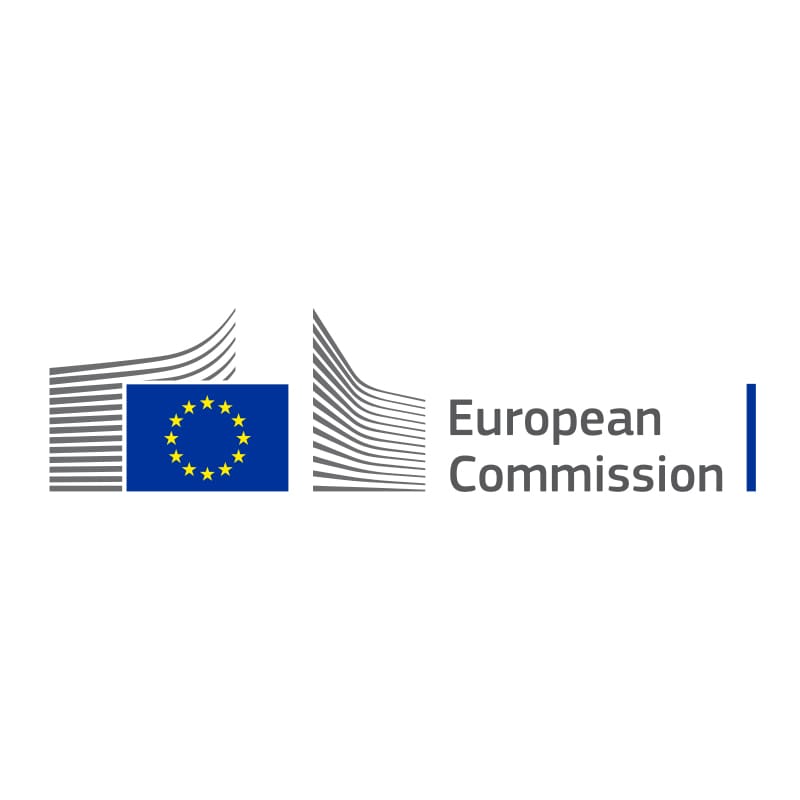
Horizon Europe is the EU’s key funding programme for research and innovation. Following the Multiannual Financial Framework Midterm Review (MTR) decision, the indicative funding amount for Horizon Europe for the period 2021-2027 is Euro 93.5 billion.
It tackles climate change, helps to achieve the UN’s Sustainable Development Goals and boosts the EU’s competitiveness and growth. Legal entities from the EU and associated countries can participate.
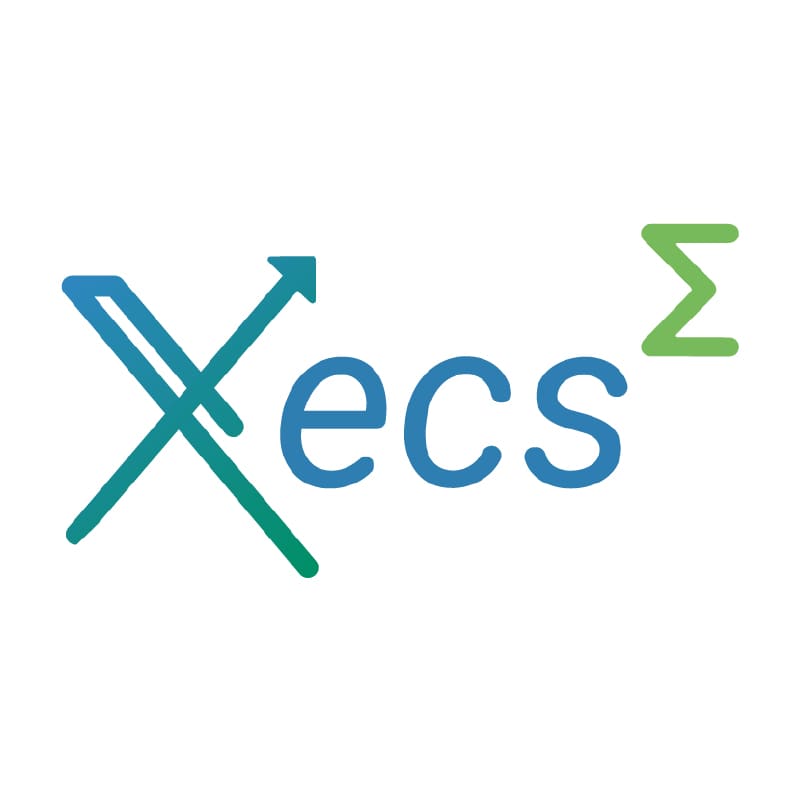
Xecs is a Cluster under the Eureka Clusters Programme (ECP).
Xecs focuses on Electronic Components and Systems (ECS) and applications. It encourages collaborative innovation beyond the state-of-the-art, stimulates growth and helps create a better life for all of us by driving a sustainable digital transformation.
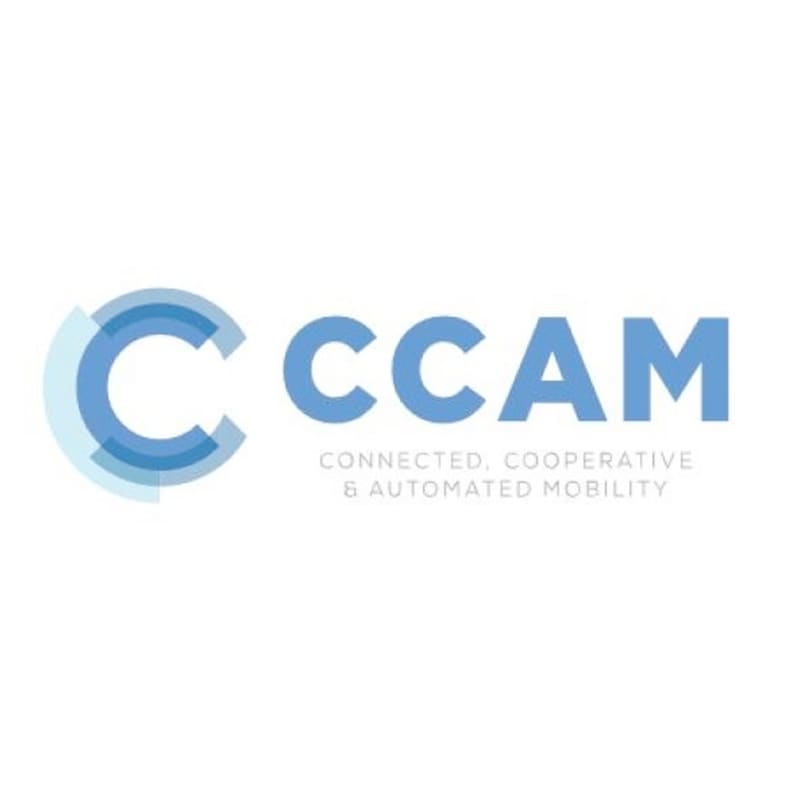
Established in 2021, the international not-for-profit organisation CCAM Association represents the private side of the CCAM Partnership, regrouping more than 180 innovation stakeholders involved in the connected, cooperative and automated mobility field.
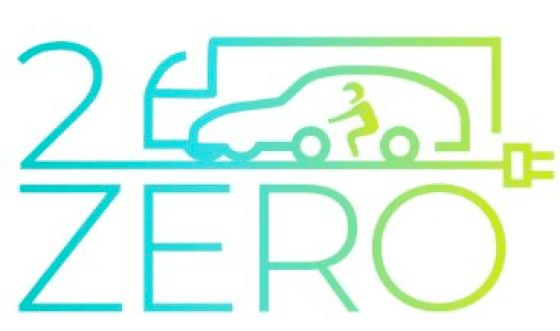
The Towards zero emission road transport (2Zero) is a co-programmed partnership funded under the Horizon Europe programme and aiming at accelerating the transition towards zero tailpipe emission road mobility across Europe.
Formally launched on 23 June 2021, the 2Zero partnership builds upon the successes of the European Green Cars Initiative (EGCI: 2009-2013) and the European Green Vehicles Initiative (EGVI: 2014-2020).
The 2Zero partnership will implement an integrated system approach covering Battery Electric Vehicles (BEV) and Fuel Cell Electric Vehicles (FCEV). With the support of five Technology Platforms ERTRAC, EPoSS, ETIP-SNET, ALICE and Batteries Europe, it will continue investigating new vehicles technologies and will extend its scope to cover the integration of the zero tailpipe emission vehicles in their eco-system contributing to boost the EU competitiveness and technological leadership.
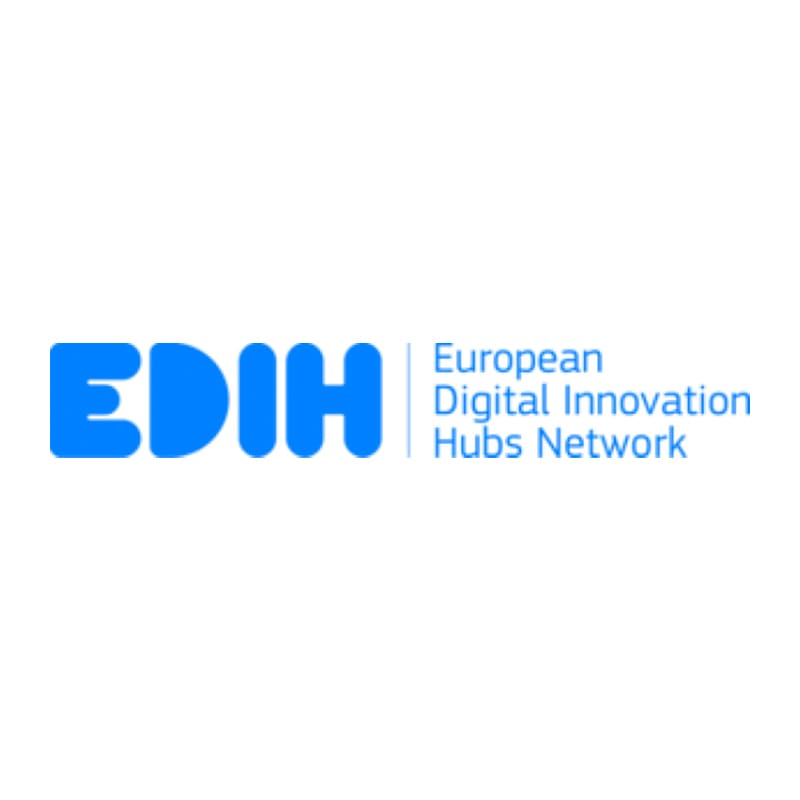
European Digital Innovation Hubs (EDIHs) help companies dynamically respond to the digital challenges and become more competitive. By providing access to technical expertise and experimentation as well as the possibility to ‚test before invest‘, EDIHs help companies improve business/production processes, products, or services using digital technologies. They also provide innovation services, such as financing advice, training, and skills development that are needed for a successful digital transformation. Environmental issues are also taken into account, in particular with regard to energy consumption and low carbon emissions.
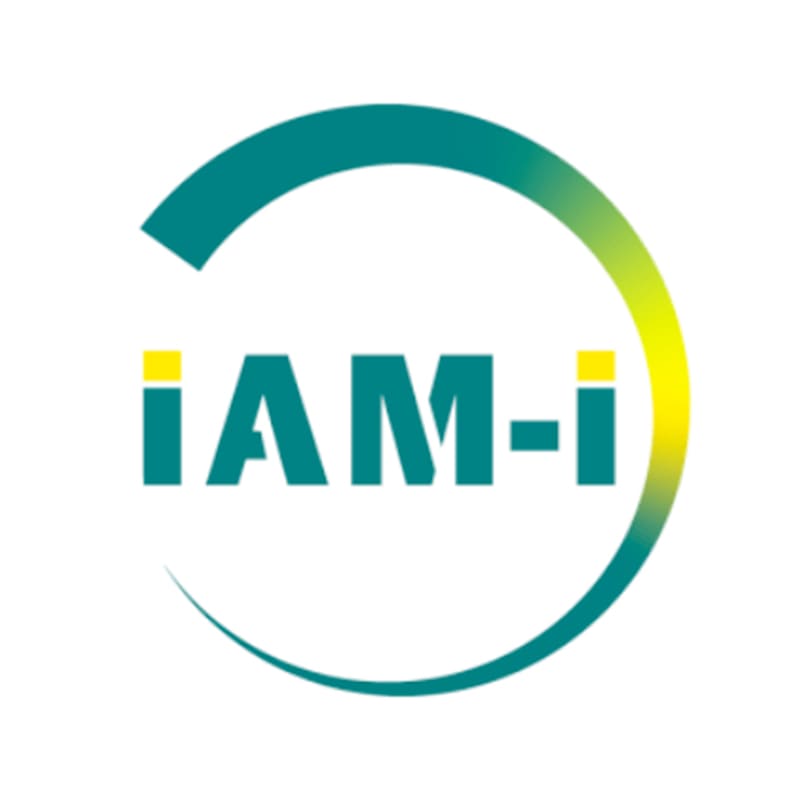
Innovative Advanced Materials (IAMs) are crucial for technological progress, driving the green and digital transitions and enhancing Europe’s competitiveness and sovereignty. The Innovative Advanced Materials for the EU (IAM4EU) is a co-programmed European Partnership identified under Horizon Europe and the Commission Communication on Advanced Materials for Industrial Leadership. It will implement a systemic approach including developers, users, and intermediate stakeholders, targeting sustainable advanced materials and associated technologies for a green, digital and circular economy. The main aim is to establish an inclusive multi-disciplinary ecosystem to accelerate the development and uptake for IAMs for European strategic industrial value chains, starting with energy, construction and electronics as initial priorities. The Innovative Advanced Materials Initiative (IAM-I) is set to contribute to the shaping of European Union policies of relevance for Innovative Advanced Materials, and in particular, to operate the co-programmed partnership IAM4EU.

Launched in March 2025, this four-year EU project is building the European Network of Chips Competence Centres (ENCCC) and ensuring maximum synergies between CCCs, Chips Pilot Lines (PLs), and the virtual Design Platform (DP). Under the leadership of experienced cluster organisations and technology partners, a central platform is being created to accelerate innovation, provide businesses with easier access to technology and funding, and enhance Europe’s semiconductor expertise on a global scale. EPoSS supports this inititive as associated partner.
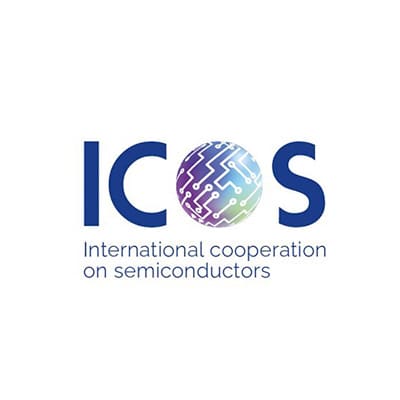
ICOS is a three-year Coordination and Support Action (CSA) of the European Commission under Horizon Europe. It aims to support the growth of the European semiconductor and semiconductor-based photonics industry through targeted international research cooperation. In line with the objectives set out in the EU Chips Act, ICOS makes an important contribution to regaining Europe’s sovereignty and leadership in this field

The aim of the FEDERATE project is to bring together all relevant stakeholders to accelerate the development of an ecosystem for vehicle systems of the future, promote a vibrant European research community and orchestrate accompanying research, development and innovation (R&D&I) activities. Specifically, FEDERATE works towards a common understanding of software and hardware in the vehicle while developing a common vision for the Software Defined Vehicle (SDV) program. R&D&I projects are coordinated and networked as part of the Coordination & Support Action (CSA). From the knowledge gained, FEDERATE will derive recommendations for future activities of the European Commission’s Chips Joint Undertaking (JU).
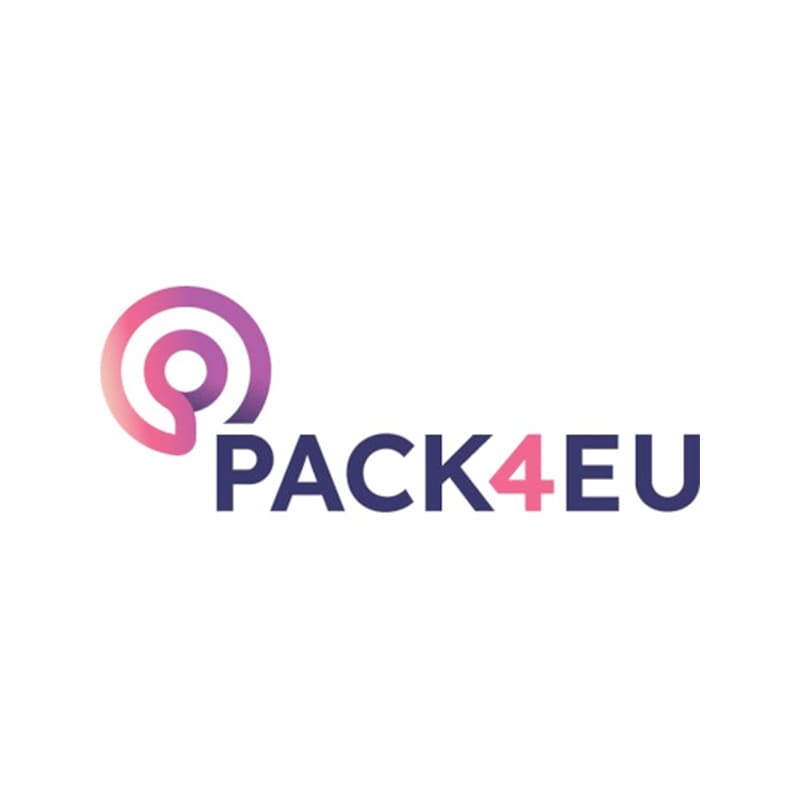
Pack4EU is a European project that ran from 2023 to 2024 to assess the status of packaging, assembly and test facilities in Europe. Additionally, it aimed to analyse the evolving needs of the semiconductor industry regarding advanced packaging, assembly, and test developments. The focus included mapping existing facilities, evaluating technological capabilities, and identifying areas for improvement. Ultimately, the project seeked to inform strategic decisions aligning with the semiconductor industry’s dynamic requirements. It published policy recommendations for Advanced Packaging.